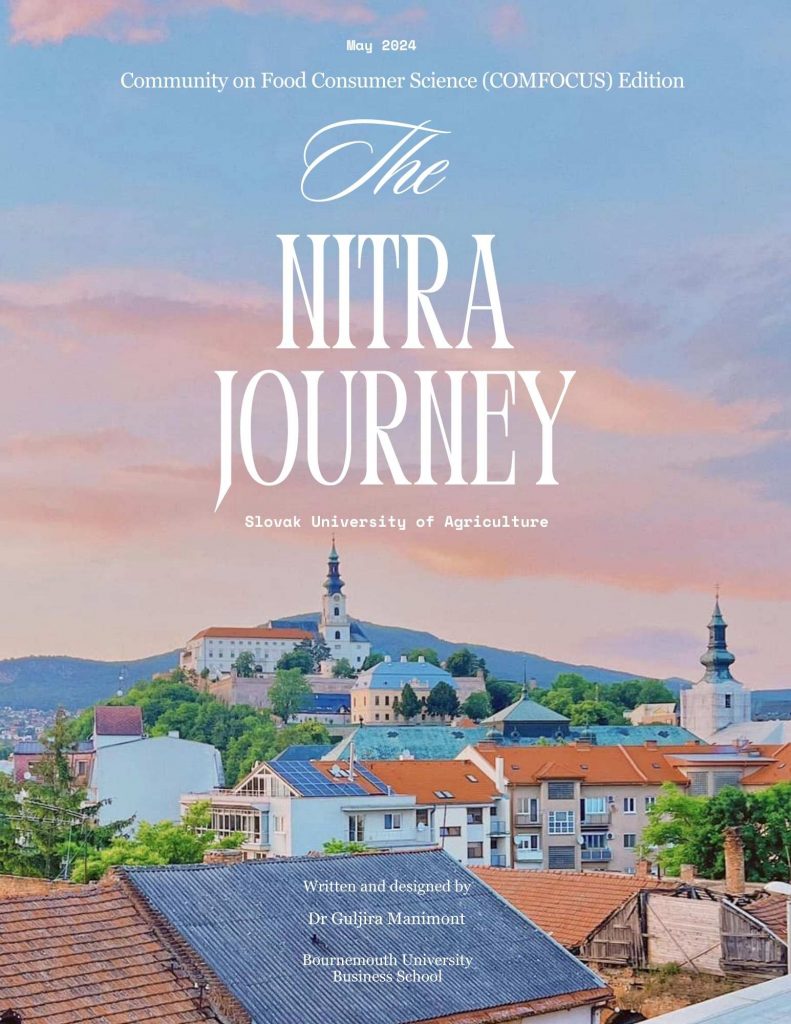
Greetings, fellow explorers! 😊 As you may recall, I recently had the incredible opportunity to become a Community on Food Consumer Science (COMFOCUS) research fellow and embarked on a research visit to Slovakia. (I’ve just returned to the UK a week ago). Today, I’m excited to share with you my Guljira-lonely planet style story of this fascinating research journey, which also included delightful detours in Budapest and Vienna. So buckle up, because it’s going to be a delicious ride!
Before diving into the details, let me give you a quick overview of how this adventure came to be. It all started at a conference in Prague last year, where I presented my findings from the ACORN research project. Fast forward to now, and I’m preparing to attend the same conference again in a week, but this time in Tromso, Norway, where I’ll present the findings from my first-ever grant project funded by the British Academy Small Grant Leverhulme. Some of you may remember me as the orange/carrot girl with a trolley during the weeks in Feb-March – yup, that’s me.
After seizing the COMFOCUS opportunity, developing my research project and methodology, and choosing the host, I received the exciting news in October last year – and thus began the preparation for my extravagant research journey in Nitra, Slovakia, in late April-May 2024. Here’s a sneak peek into my little research adventure in Slovakia.
The journey began with multiple flights and fun train rides. Armed with my travel buddy Google Translate, I finally arrived in Nitra, a small city in Slovakia, where I was based for three weeks. I was hosted at the Slovak University of Agriculture under the supervision of Prof. Elena Horská and Assoc. Prof. Jakub Bercik.
For the first week, I focused on familiarising myself with the city, grocery shops, and the lab that I would use for my experiment. Observing how people shopped and how they laid out their fresh produce in the stores was fascinating. Who doesn’t love a bit of people-watching? Designing the questionnaire and preparing the stimuli was a particularly fun part. How so?


Let me share an experience I like to call Apple Hunting. We went on a spontaneous wild apple hunt to gather samples for our study. It felt like I was on a game show! When my supervisor said, “pick whatever you like,” and I chose something, she insisted I get double. 🍎😂 It was a good reminder; otherwise, we would have needed another apple hunting trip.
My lab life was far from lonely – I was lucky to have a lab buddy! Irena – another fellow from Kraków Poland and I got to play with some cool gadgets, like an aromatic capsule that tests how different scents make you hungry. Imagine being in a cube surrounded by delicious smells! For my part, I tested how messages framed fresh produce choices, focusing on eye fixation. We stayed up until midnight, and the next day my lab session started at 7:30 am and ended at 4 pm. After this, I had TWO bento boxes and went straight to bed at 7 pm, missing the entire Aurora highlights. 😅.
This trip was a perfect mix of serious research and fun experiments. Big shoutout to my Nitra crew and the COMFOCUS grant for making it all happen! Nitra may be small, but its surprises are endless.
In the end, my journey to Slovakia wasn’t just about research – it was about embracing the joy of discovery, indulging in new experiences, and savouring every moment along the way. Here’s to many more adventures to come! 🥂 Apart from visiting Slovakia, I had the opportunity to travel to their neighbouring countries – Hungary and Austria. In Budapest, a foodie and designer heaven, I immersed in the world of architecture and design, captivated by its beauty and functionality. After my research journey in Slovakia, I continued my journey with a pit stop in Vienna. Surrounded by stunning architecture and rich history once again. I couldn’t resist sampling some Viennese delicacies – because hey, a researcher’s gotta eat, right?
So what’s next? Armed with a treasure trove of insights and findings from my trip, I’m ready to take on the world of food marketing. With a sprinkle of creativity and a dash of neuroscience, who knows what delicious discoveries await?
Now let’s take a moment to simply appreciate the beauty and diversity of the places I’ve visited. Here are some snippets of photographs capturing the essence of my journey.




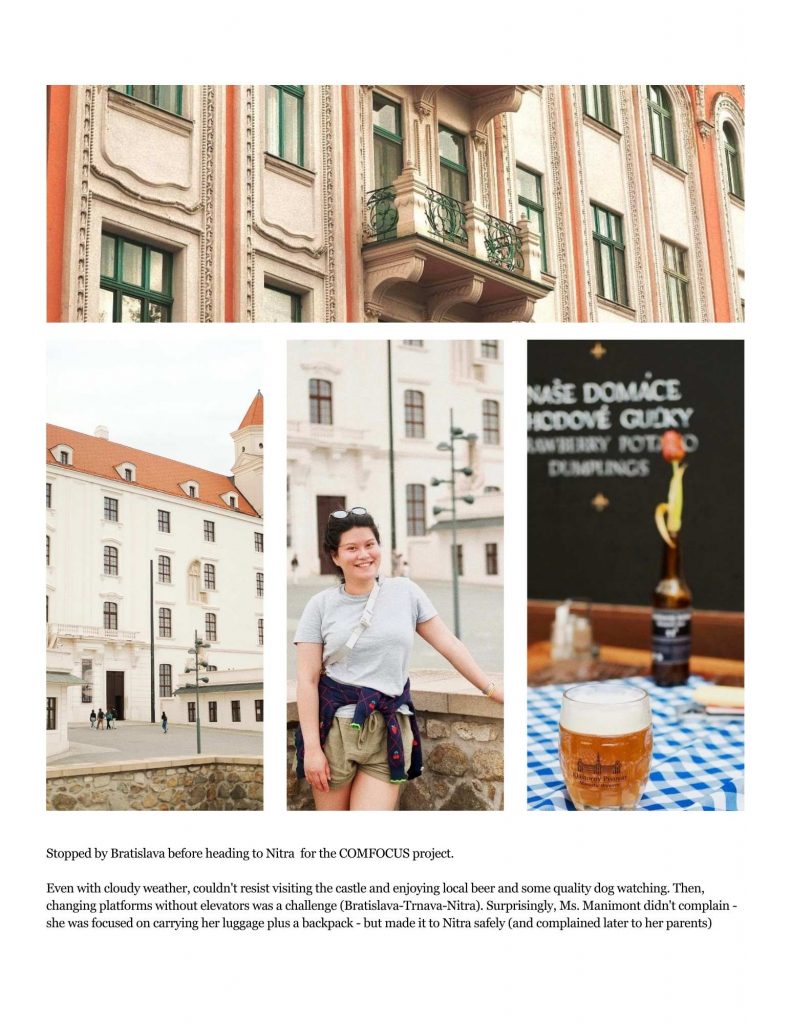



 This scientific paper which was part of Dr. Pratik Adhikary’s PhD study in the Faculty of Health & Social Sciences has been read 1,000 times.
This scientific paper which was part of Dr. Pratik Adhikary’s PhD study in the Faculty of Health & Social Sciences has been read 1,000 times.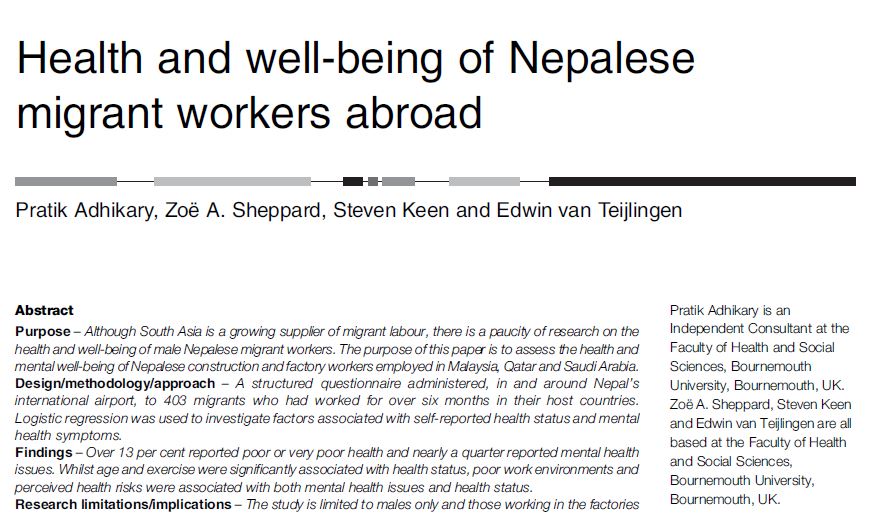











 We have a small number of places available on our Building a Policy Influencing Strategy workshops on Friday 12th and Thursday 18th July.
We have a small number of places available on our Building a Policy Influencing Strategy workshops on Friday 12th and Thursday 18th July.


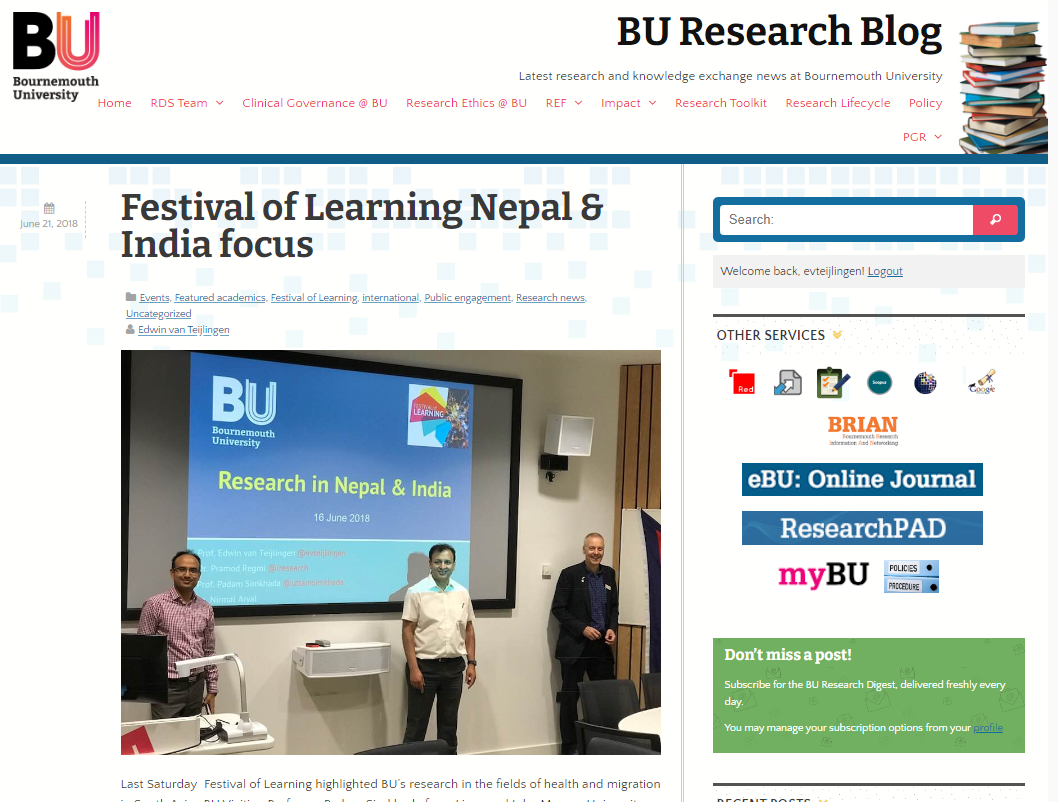

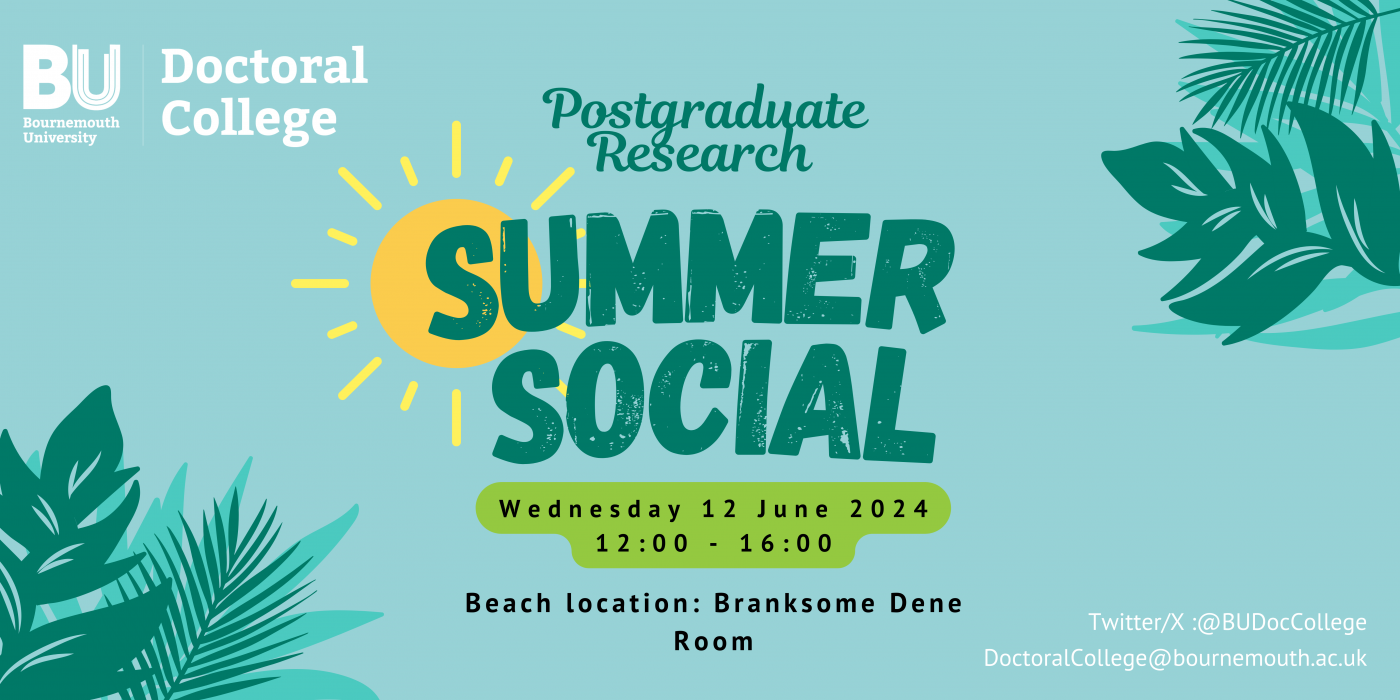
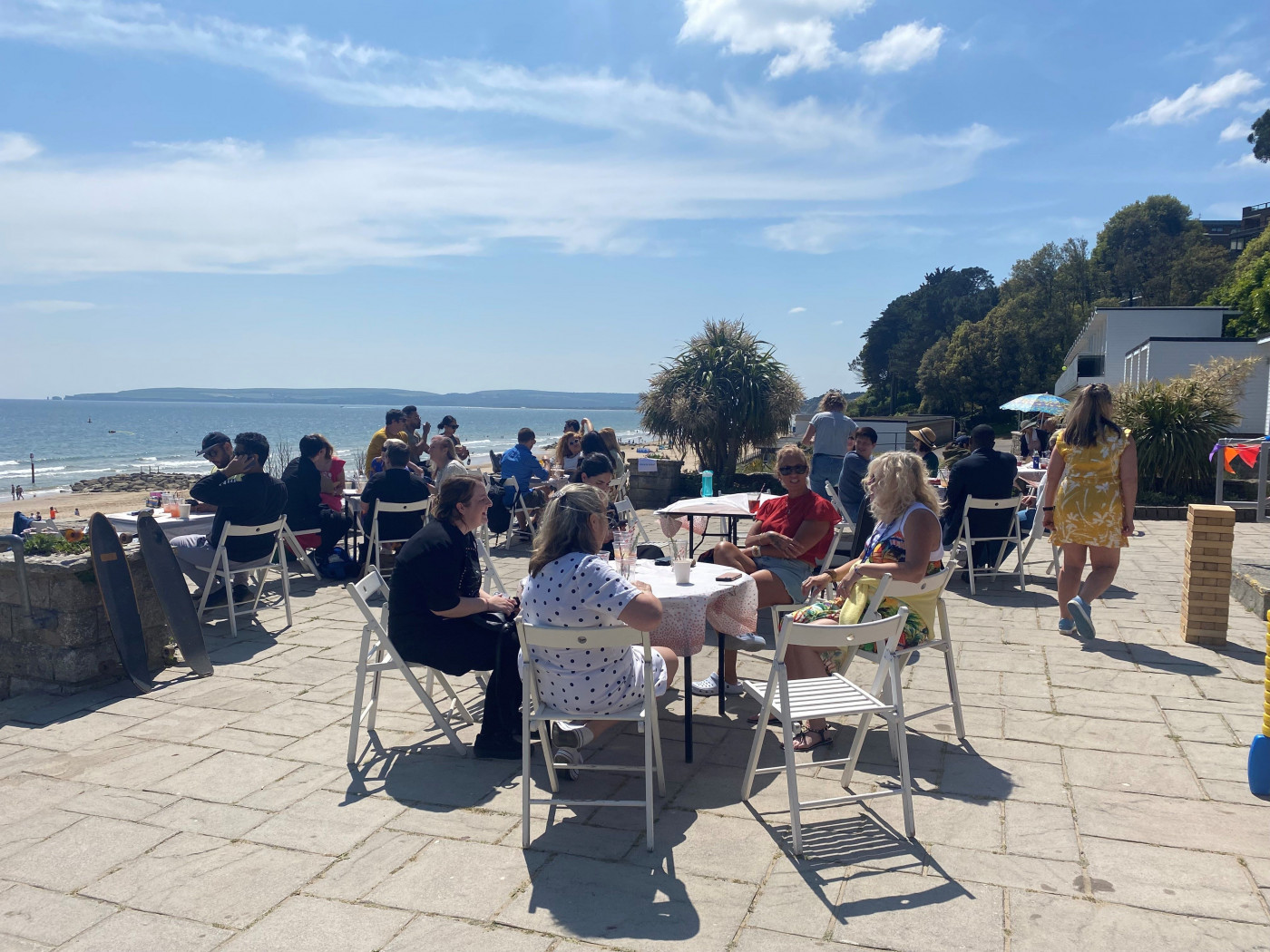
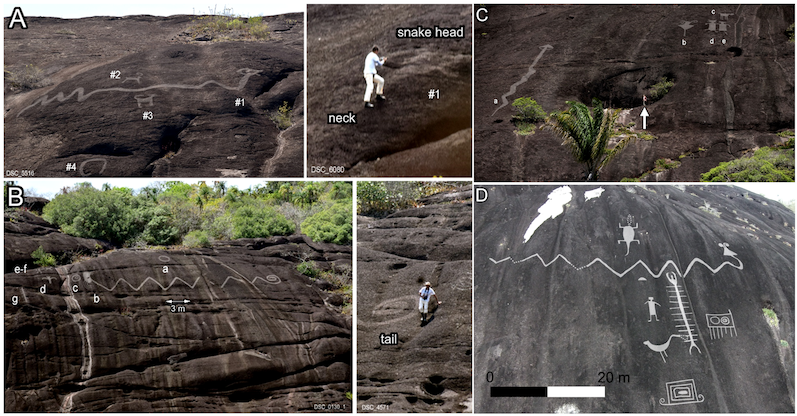


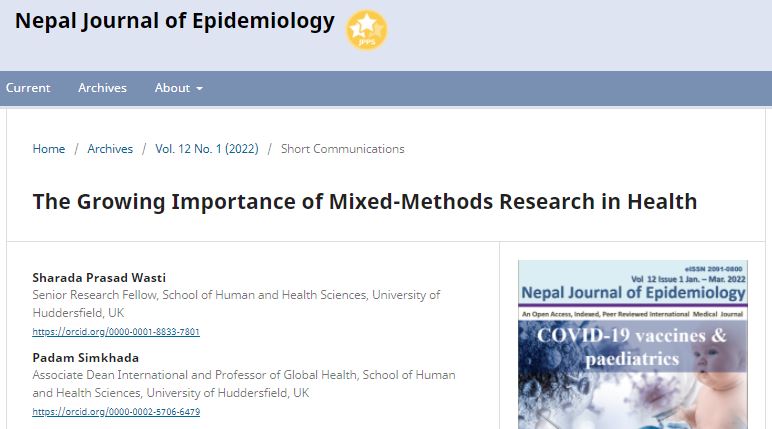

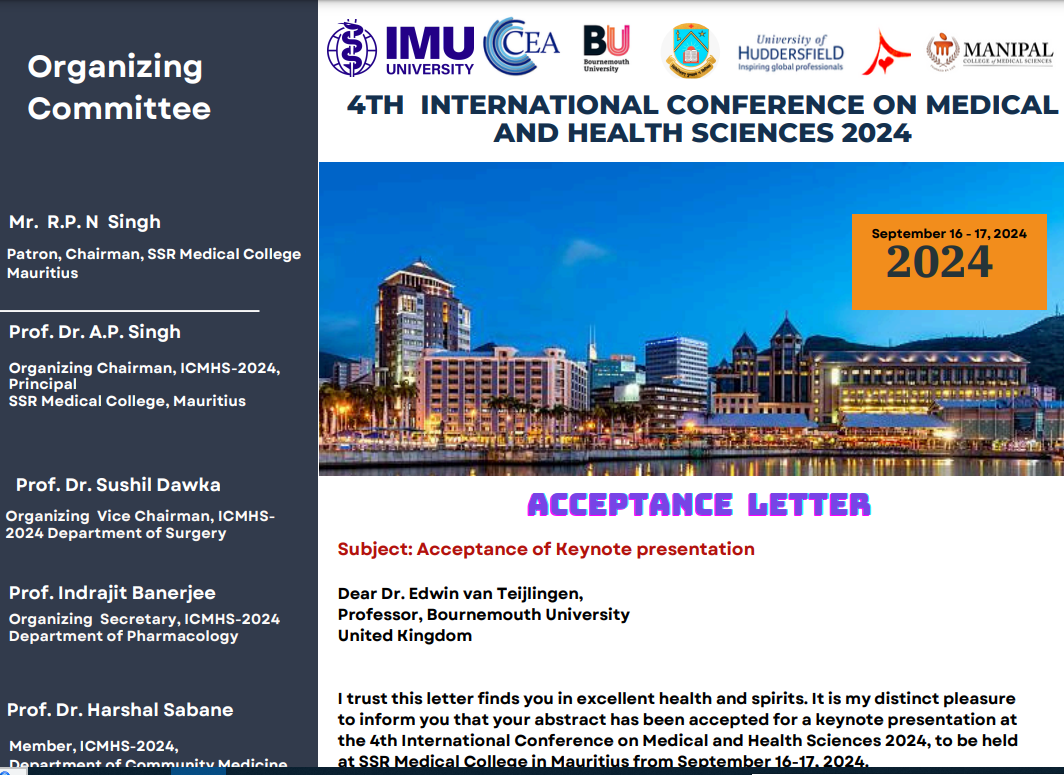
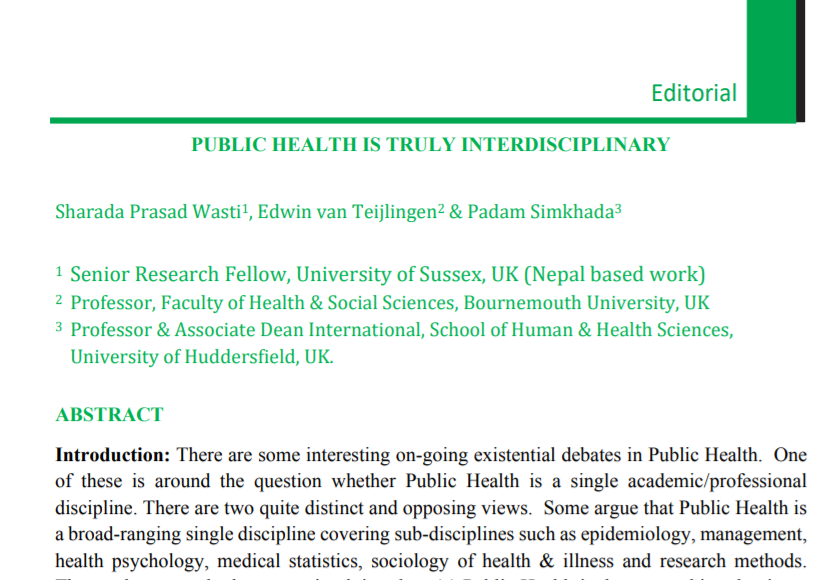

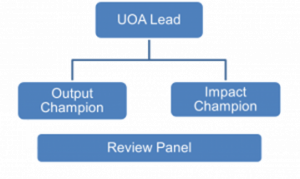











 New CMWH paper on maternity care
New CMWH paper on maternity care From Sustainable Research to Sustainable Research Lives: Reflections from the SPROUT Network Event
From Sustainable Research to Sustainable Research Lives: Reflections from the SPROUT Network Event REF Code of Practice consultation is open!
REF Code of Practice consultation is open! ECR Funding Open Call: Research Culture & Community Grant – Apply now
ECR Funding Open Call: Research Culture & Community Grant – Apply now ECR Funding Open Call: Research Culture & Community Grant – Application Deadline Friday 12 December
ECR Funding Open Call: Research Culture & Community Grant – Application Deadline Friday 12 December MSCA Postdoctoral Fellowships 2025 Call
MSCA Postdoctoral Fellowships 2025 Call ERC Advanced Grant 2025 Webinar
ERC Advanced Grant 2025 Webinar Update on UKRO services
Update on UKRO services European research project exploring use of ‘virtual twins’ to better manage metabolic associated fatty liver disease
European research project exploring use of ‘virtual twins’ to better manage metabolic associated fatty liver disease